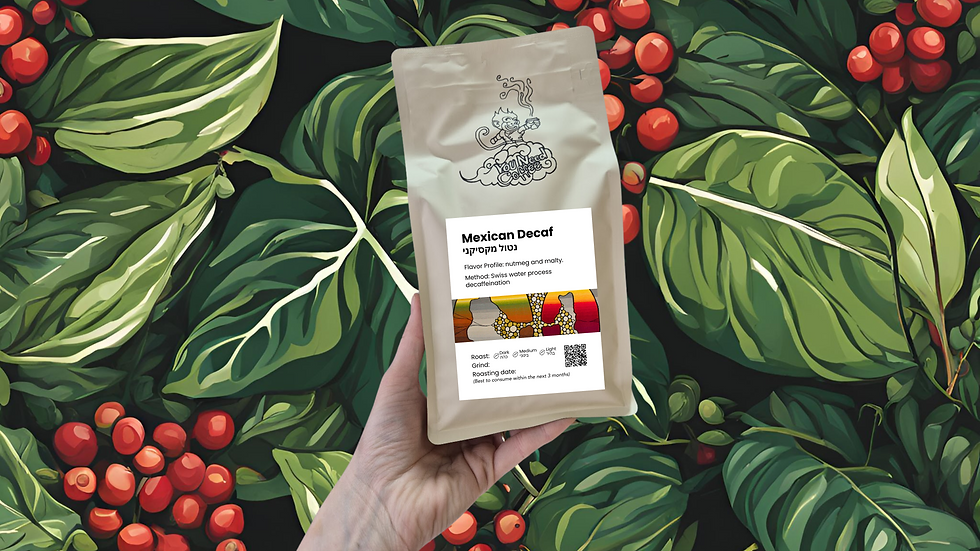Recommended for Filter Coffee
Coffee for Filter: Unveiling the Perfect Brew
When it comes to brewing coffee, one of the most traditional and beloved methods is the classic filter coffee. Known for its smooth and well-balanced flavors, filter coffee has become a staple in households around the world. But what exactly is filter coffee, and how can you achieve the perfect cup? Join us as we dive into the world of filter coffee, answering common questions and providing valuable insights.
Does filter coffee have caffeine?
First and foremost, let's address a burning question: does filter coffee have caffeine? The answer is a resounding yes. Filter coffee comes from the same beans as other types of coffee, thus containing varying amounts of caffeine depending on the blend and brewing method. So, for those looking for a morning kick, rest assured that filter coffee has the caffeine boost you seek. Compared to a regular espresso of 8 grams of coffee grind, a cup of filter coffee optimally has 30g of coffee grind. The amount of caffeine is therefore higher in a filter coffee than in a regular latte, espresso or even an americano.
Is filter coffee good with milk?
But what about milk? Does filter coffee have milk? The beauty of filter coffee lies in its simplicity. The brewing process involves passing hot water through a filter filled with ground coffee, resulting in a pure and unadulterated cup of black gold. However, that doesn't mean you can't add milk or other ingredients to enhance the taste. Many coffee enthusiasts find pleasure in adding a splash of milk or cream to their filter coffee, creating a creamier and more indulgent experience.
How much coffee for filter coffee?
Now that we've established the fundamentals, let's move on to the crucial aspect of brewing: the coffee-to-water ratio. Getting this ratio right is vital for a well-balanced and flavorful cup of filter coffee. As a general rule of thumb, a ratio of 1:15 or 1:17 is commonly recommended. This means using approximately 1 gram of coffee per 15 to 17 milliliters of water. Finding the ideal ratio may require some experimentation to cater to personal preferences, but this guideline will set you on the right path.
How much filter coffee for one cup?
Speaking of ratios, how much filter coffee should you use for one cup? The answer depends on the serving size and your desired strength. As a starting point, a common recommendation is using around 25-30 grams of coffee per 340 milliliters of water. Adjust this ratio according to the number of cups you wish to brew and the desired strength, and you'll be well on your way to crafting a delightful cup of filter coffee.
Which coffee is best for filter coffee?
Now onto the topic of which coffee is best for filter coffee. While personal preferences vary, medium to medium-dark roasted beans are often favored for filter coffee. These roasts strike a balance between acidity and bitterness, resulting in a smooth and round flavor profile. Explore different origins and blends to find your perfect match, whether it's a single-origin Ethiopian or a well-rounded Colombian blend.
What grind for filter coffee?
Lastly, let's touch upon the grind for filter coffee. The ideal grind size for a filter coffee is medium-fine. This texture ensures that the water extracts the flavors evenly and optimally during the brewing process, avoiding overextraction or underextraction. Investing in a burr grinder and grinding your coffee fresh before brewing will undoubtedly take your filter coffee experience to new heights.
Filter coffee offers a classic and enjoyable way to savor the distinct flavors of coffee. From understanding its caffeine content and the option to add milk to mastering the correct ratios and grind size, the key to the perfect filter coffee lies in experimentation and exploration.
.png)

















